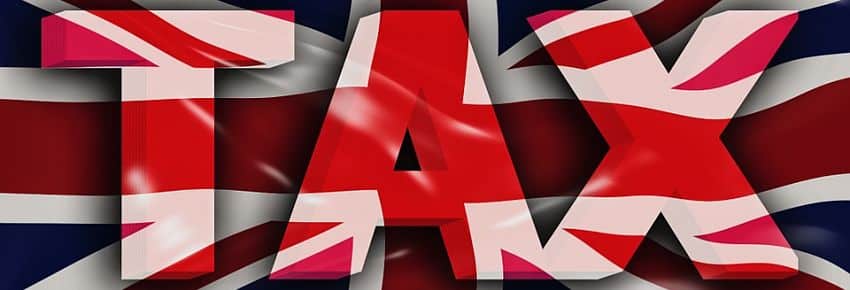Personal tax bills are usually due on January 31, but some taxpayers split the payment in two instalments, one on January 31 and a following payment on July 31.
Each payment is half your previous year’s tax bill. Payments are due by midnight on 31 January and 31 July. If you still have tax to pay after you’ve made your payments on account, you must make a balancing payment by midnight on 31 January next year.
The personal allowance changes annually and the amount you’re entitled to earn ‘tax-free’ increased in April. How much personal tax you pay depends on how much of your income is above the personal allowance and how much of your income falls within each tax band.
The current tax-free amount you’re allowed to earn is £11,850. Those on a basic tax rate will pay 20% on earnings from £11,851 to £46,350. Higher rate tax payers will then pay 40% tax on earnings above £46,351 to £150,000 with those earning above £150,000 paying 45% on any earnings above £150,000.
Changes to the tax-free dividend were also introduced in April this year. Previously you could take a dividend of up to £5,000 a year tax-free. But, as from the 6 April 2018, this reduced and now you can only take £2,000 a year as a dividend without paying any tax.
Given that the deadline for the second payment is in less than two weeks there will be some businesses which are struggling with cash flow and won’t be able to afford the next instalment.
All is not lost and there are ways of funding the tax levy. If traditional high-street lenders aren’t willing to provide the funds, there are alternative funders which often have a more flexible approach to lending.
Finance brokers such as www.v4bprofessions.co.uk have access to a panel of lenders so can negotiate better rates offering short-term loans to cover the bill, for a short period, usually over three – 12 months.
If you can’t afford to pay your personal tax bill even with alternative finance, you can contact HMRC and they will consider your eligibility for a payment proposal. You’re often expected to pay this in a single instalment and they may enquire about any other savings or assets you have.
It’s vital that you keep HMRC in the loop if you can’t pay as ignoring the tax bill may lead to legal action. The HMRC has a Self Assessment Payment Helpline which you can contact if you are unable to pay.



